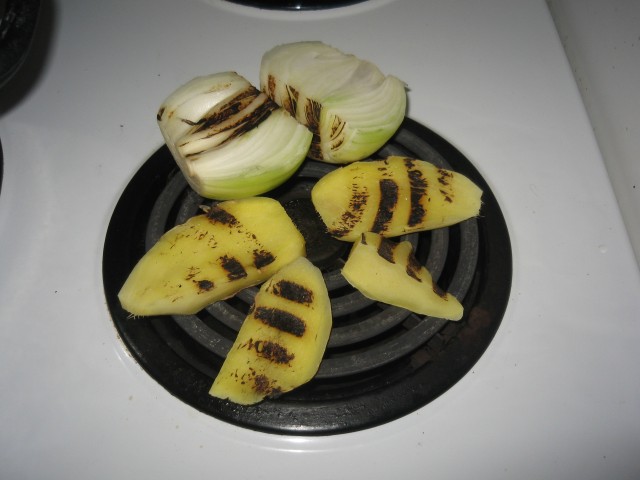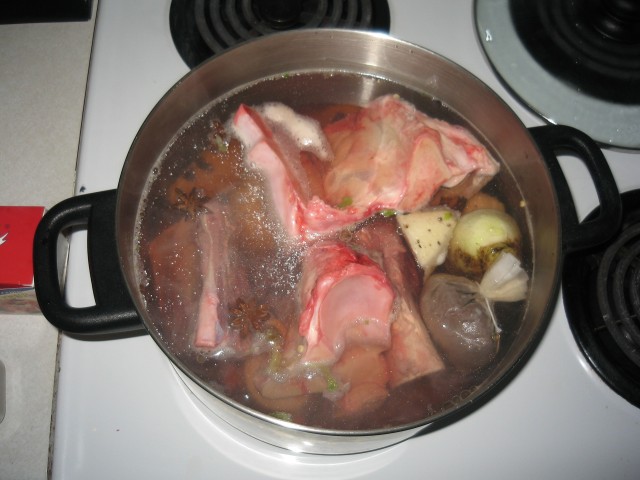During my first degree, I was determined to get experience in my field so that I would not become another unemployed person with a Bachelor’s degree. When I look back now on the experiences that I gained, there is a very clear connection between the choices that I made and the opportunities available to me. At the time, it sure didn’t seem that way.
Young, dumb and lacking in experience
My first degree was in Cell Biology and Genetics. I had entered university without any experience doing anything remotely related to science – I would guess that this is true for most undergrads, regardless of what field they are specializing in. I had no work experience, no volunteer experience, nothing. I was also dreadfully afraid of speaking with my profs – the few that I spoke to were aloof or uninterested in taking on an undergrad, even as a volunteer.
Being the lab b*tch
It got easier in my senior years. Class sizes were smaller so it was easier to get to know the professor. I found a work study position for 10 hours a week as a laboratory assistant. It was not glamorous work by any means. I sorted tips, washed glassware and plastics, and then sterilized the glassware and plastics. I worked there for 8 months without touching a single experiment. But it paid a decent amount of money and I learned my way around a lab.
Meanwhile, I was volunteering. I worked one day a week at the local aquarium and science center as a husbandry assistant. I really enjoyed this job – among other other tasks, I got to feed the fish! I also volunteered on campus in the natural history collections. I became proficient as a taxidermist and got pretty handy with a scalpel and needle.
At this point, I wasn’t feeling too good about my career prospects. I could clean and sterilize lab glassware, take care of fish, and turn roadkill into museum displays. Hum.
Putting it all together
My next job was at a pharmaceutical company. They were hiring a lab glassware washer to work 10 hours a week. I decided to apply, since the job seemed made for me and I could use the money. So again, for another 4 months, I washed and sterilized labware. I was really efficient at washing glassware now though, so I usually finished in less than 10 hours. I started asking my boss for other things to do.
At first, it was small tasks like helping out with inventory or making solutions. But it helped to show everyone that I was willing to learn and had a good eye for detail. I got to know a lot of other employees as well. One day my boss pulled me into his office and said, “CF, I know you’ve been willing to do more work for us. Would you be interested in working an extra 10 hours a week?” Of course, I said yes. Turns out, they remembered that I used to work at the aquarium taking care of the fish. They wanted me to take care of the animals used in their pharmaceutical research program.
This put me into contact with two amazing managers and got me the opportunity to learn techniques in cancer research. I mentioned that I had experience using sharps like scalpels before and pretty soon, they were teaching me how to give injections or slice up tumor samples.
The payoff – An employed college graduate
Those same managers helped me to secure my first job three weeks before graduating. This was pretty good for someone fresh out of school who never did a formal research internship! Thanks to my random job experiences, I had a job straight out of university that combined everything I learned in a job – working with animals, cancer research, and surgical modeling.
Taken on their own, those experiences didn’t seem to add up to much. It was only after I got good at certain skills – using a scalpel or taking care of animals, for example – that other opportunities opened up.
That’s not to say that the choices you make should define what you do, forever and ever. Not at all! After a few years, I realized that biomedical animal research was not for me, so I left the field transitioned into computer science. (There’s a lot of interesting biology you can do using computer science, in case anyone is curious!)
But again, I was able to change careers easily because I of the contacts I had met while doing biomedical research, computer-related seminars I had randomly attended, and having a job whose benefits included free tuition. In contrast, a lot of people I know are stuck in the field because they do not take the time to get new experiences and skills. Their options are limited whereas mine are not.
I never would have predicted this outcome based on my first job, washing glassware! That’s why I think it is so important to take advantage of any opportunity you have to learn new skills and meet new people. You never know who you might meet, what new ideas you might pick up, or how you might be able to draw upon those experiences later on.



